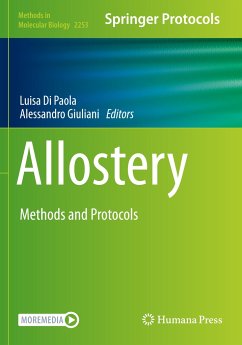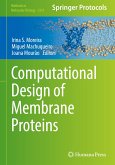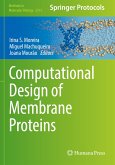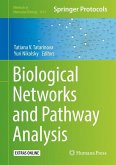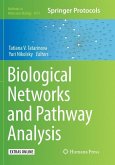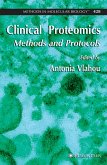This volume explores the basic issues of "allostery" and "network" that are fundamental to studying this field. Chapters in this book look at how the basic "machine-like" proteins, that are similar to "human machines," need to be organized, architecturally, to relate to different organizational layers. Chapters cover topics such as methodological/computational factors focused on links between allostery and network formalism; the presence of oscillating modes transversing the structure and underlying network wiring of the allosteric process; the "action at distance" by transduction of signals across an organized network structure; and the P53 protein located at the cross-road of cell cycle regulation, genome integrity, and cancer development. Written in the highly successful Methods in Molecular Biology series format, chapters include introductions to their respective topics, lists of the necessary materials and reagents, step-by-step, readily reproducible laboratory protocols, and tips on troubleshooting and avoiding known pitfalls.
Thorough and practical, Allostery: Methods and Protocols is a valuable resource for any scientists and researcher interested in learning more about this developing field.
Thorough and practical, Allostery: Methods and Protocols is a valuable resource for any scientists and researcher interested in learning more about this developing field.

